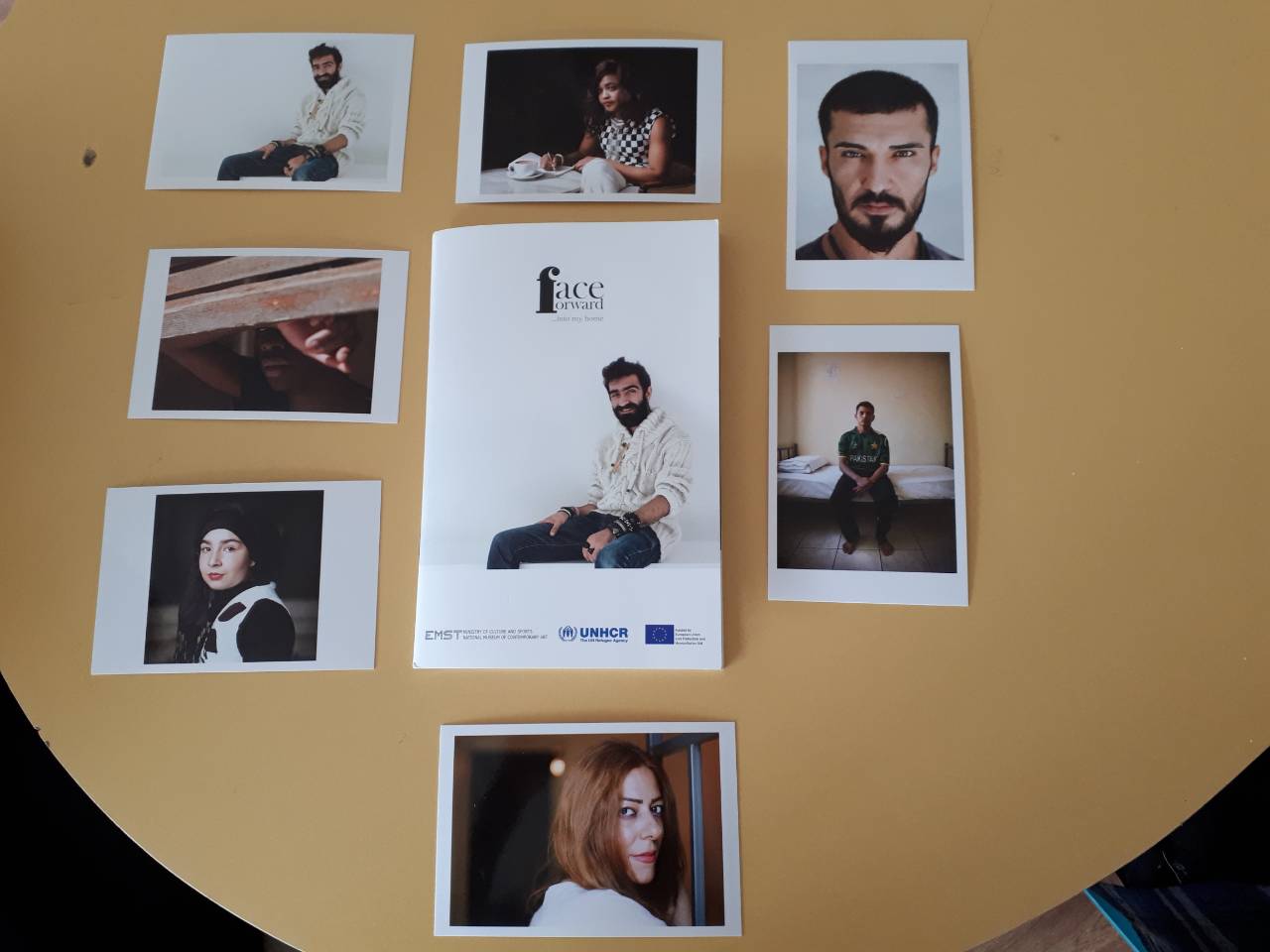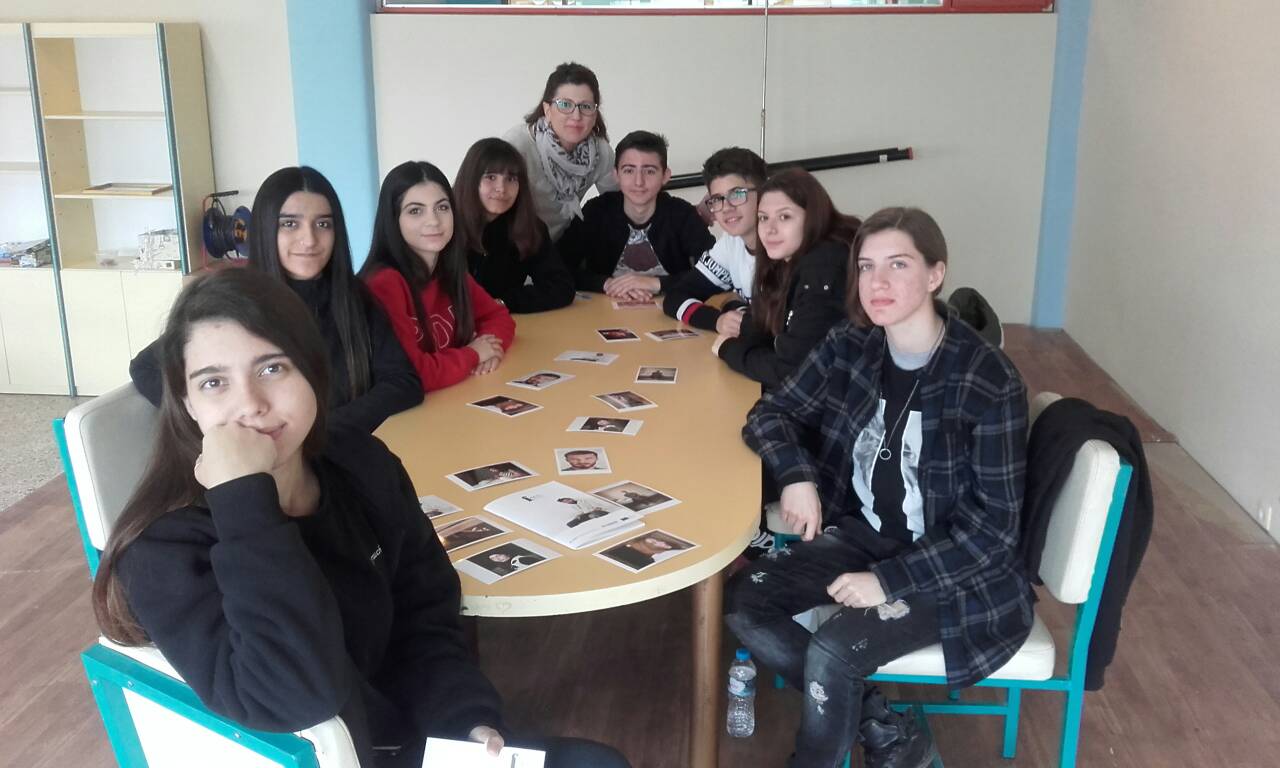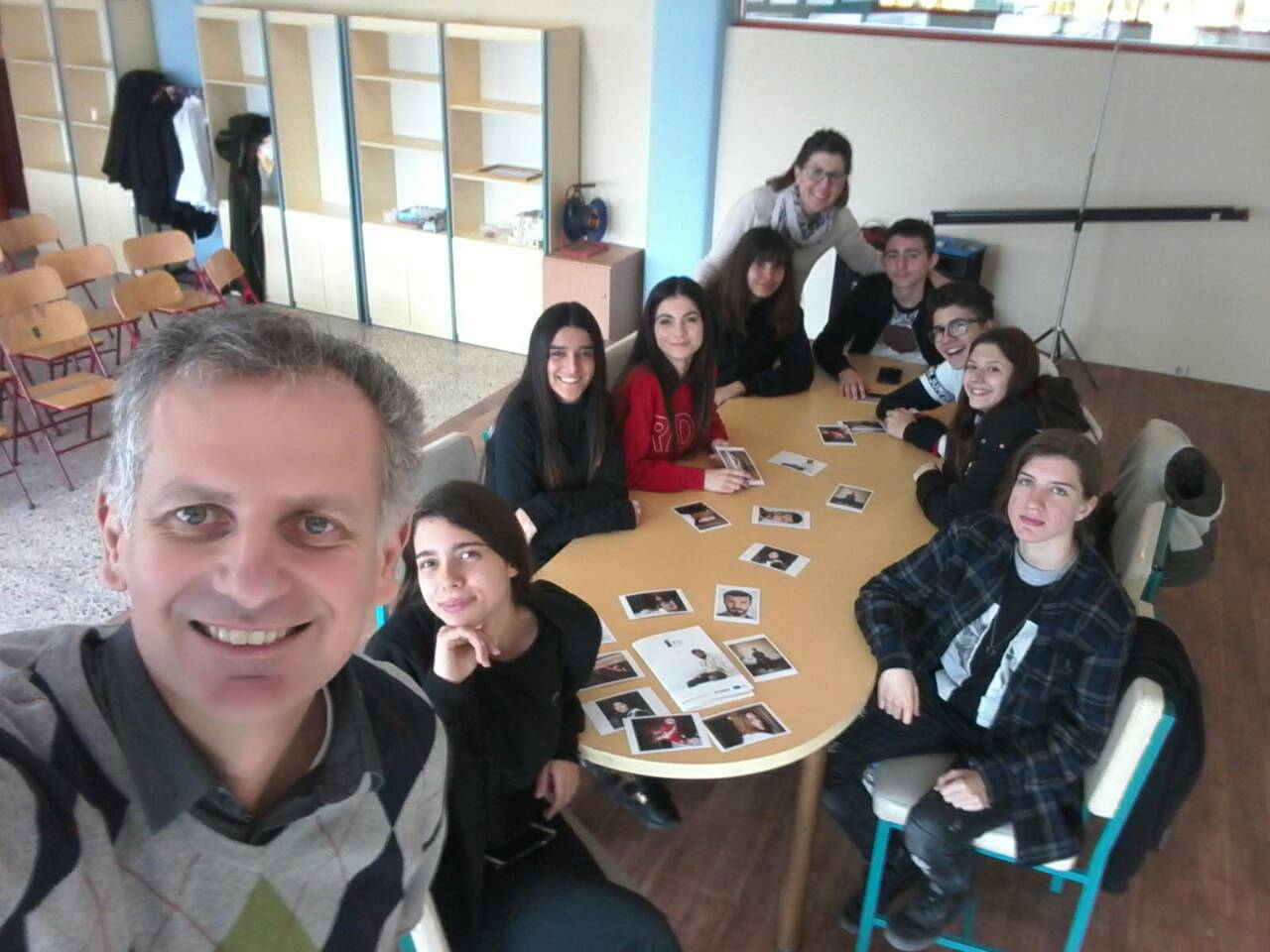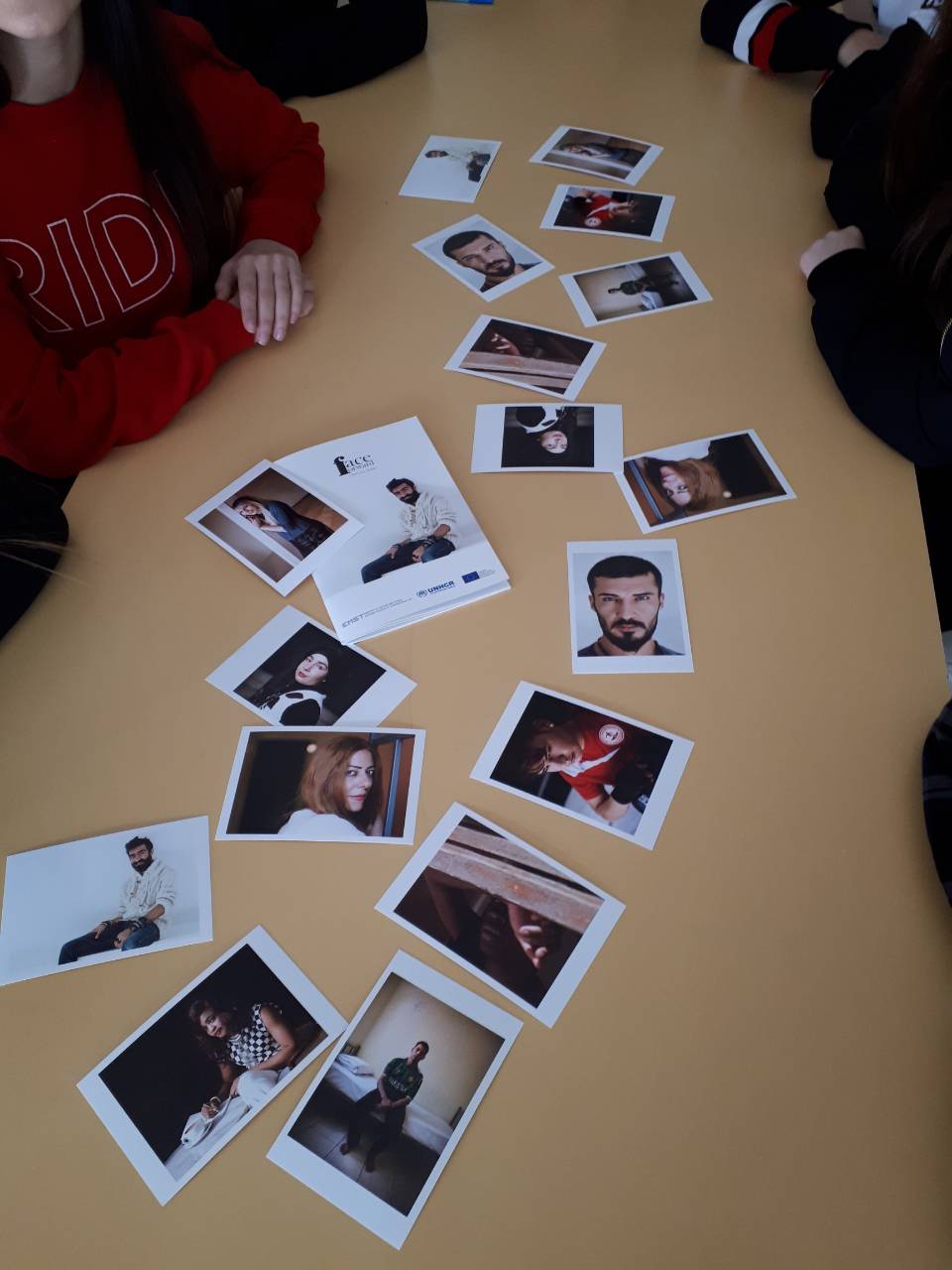War and Peace .... through Pablo Picasso.
Letters of thoughts and confessions
A child of peace
I am very happy to live in a peaceful country. I am happy to be free, to do whatever I want. I have friends, a beautiful house, school, lessons … in general I have a promising future!
I am growing up in peace and that is so nice. I love the sun, the sea, trips, excursions… I love pasta! I am interested in books and music and my parents are so encouraging! Should I visit the moon when I will grow up? Why not?
Friendly
A child of peace
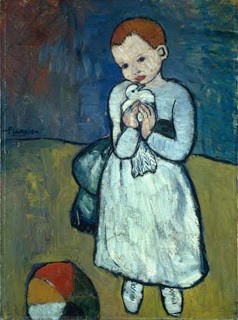
A child of war
Dear unknown friend,
I am still alive and I’ m writing to you. To be honest I am not sure for how long I will still be alive. You see war is all over my country. Death and pain is everywhere.
Soldiers, guns, bombs! We are hungry! We are terrified! We can’t even imagine a future! Any kind of future! I am looking at my parents and I am happy to see them alive. Although sometimes I can hardly recognize them…
Where is God, I often wonder… Is there anybody who can stop this madness..?
Friendly
A child of war
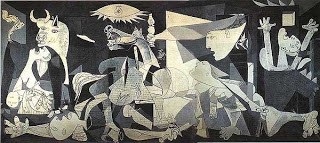
Agnieszka and Natalia wrote about Ulysses syndrome and books featuring migration difficulties - “The Kite Runner” by Khaled Hosseini and “The Weight of Water” by Sarah Crossan.
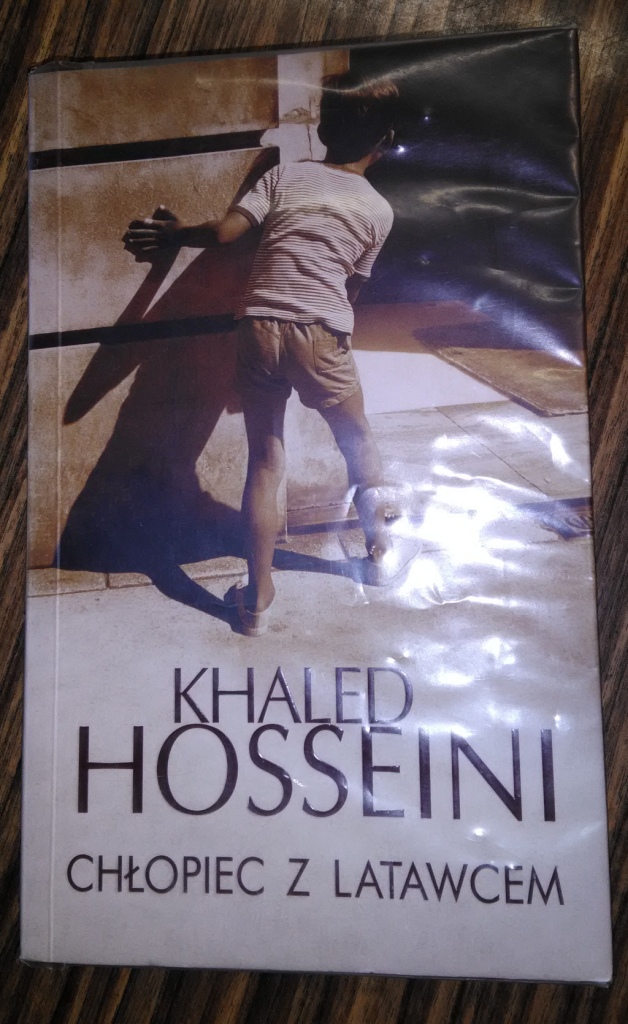
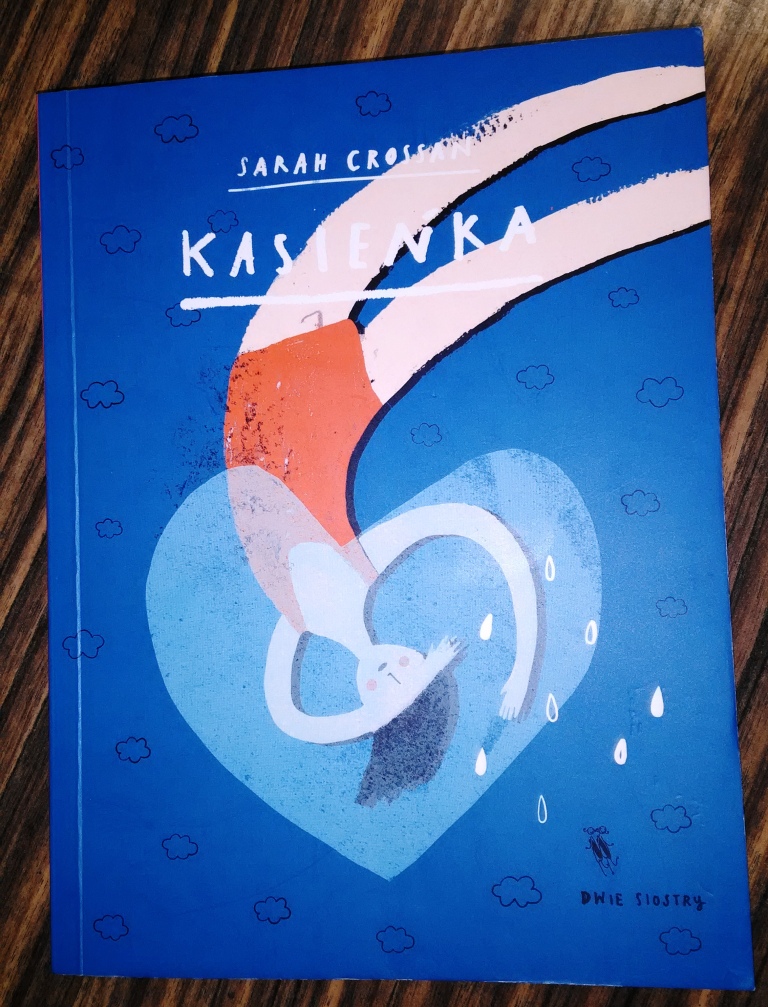
LITERATURE FROM AFGHANISTAN ...
"Kites above the city," Kalent Hossaini
"The stone of patience", Atik Rahimi
According to the etwinning "Literature Suitcases" program, at the module of the Refugees and Immigrants, students have been working for a long time based on two books of world-class literature from Afghanistan. This is the book "Kites above the City" by Kalent Hosseini and the book "The Stone of Patience" by Atik Rahimi.
Kalent Hosseini’s book deals with the life of young Amir in Kabul. Determined to prove his value to his affectionate but tough father, he takes part in a traditional kite fight. The events of that afternoon, however, will change his life forever.
Atik Rahimi's book deals with the life of a young woman in a bombed city. She sits next to her injured husband and talks about her dreams, war, violence, fear. As the soldiers in the surrounding streets kill and plunder, she confesses what she has not yet dared, and her husband becomes the stone of patience for her.
Students worked in groups. They first read and understood the two books. Then they searched for information about their writers and the history of Afghanistan. Finally, the girls of the group outlined the portrait of the central hero in the Hossein’s book, while the boys of the group portrayed the central heroine in Rahimi's book.
The etwinning team gathered in the library of the 1st Epal of Evosmos where they exchanged thoughts, feelings, knowledge, information on stereotypes and racial discrimination. Then they compared Afghanistan's history and cultural heritage to the history and life of Greece, or even the countries of origin.
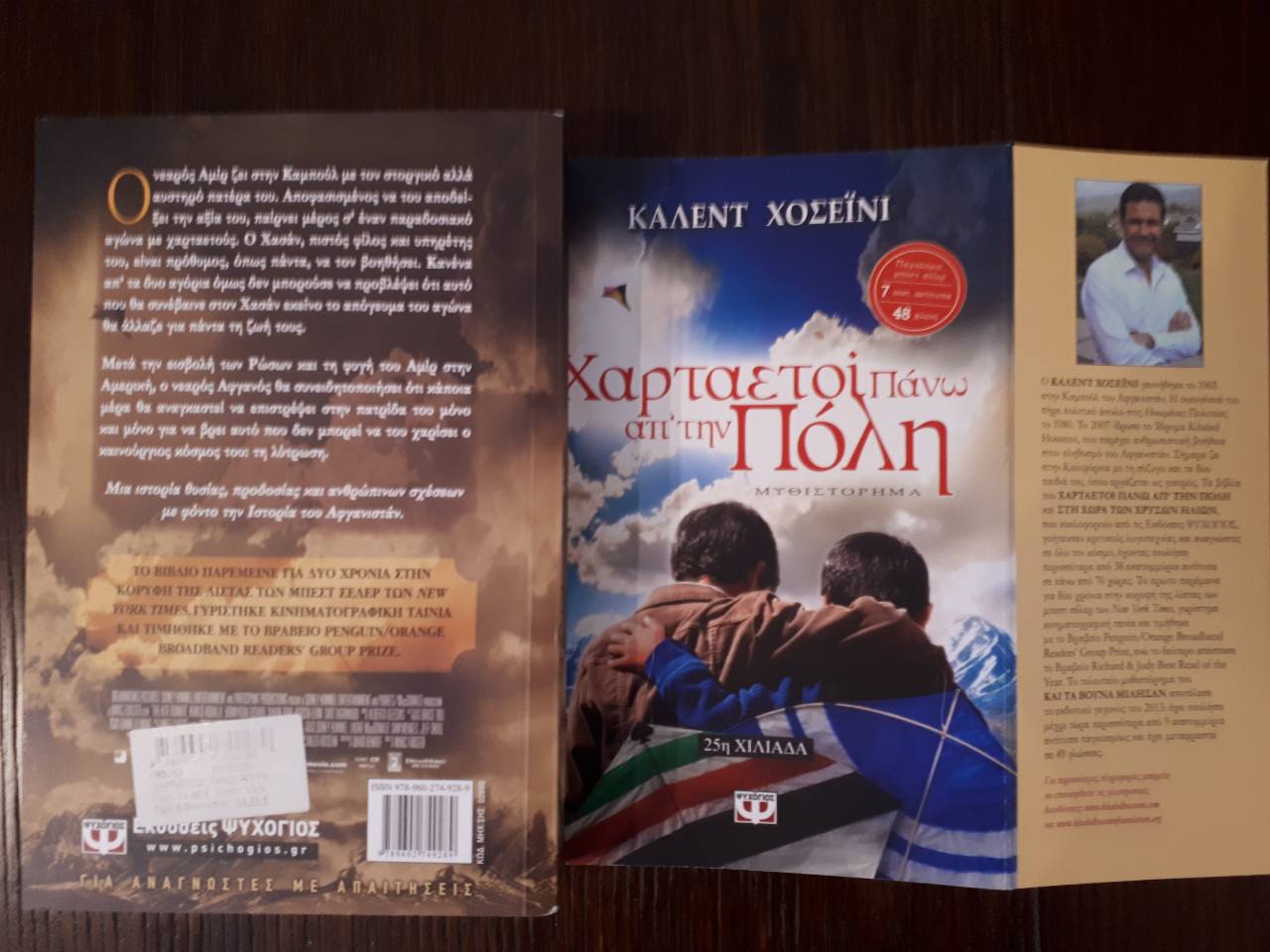
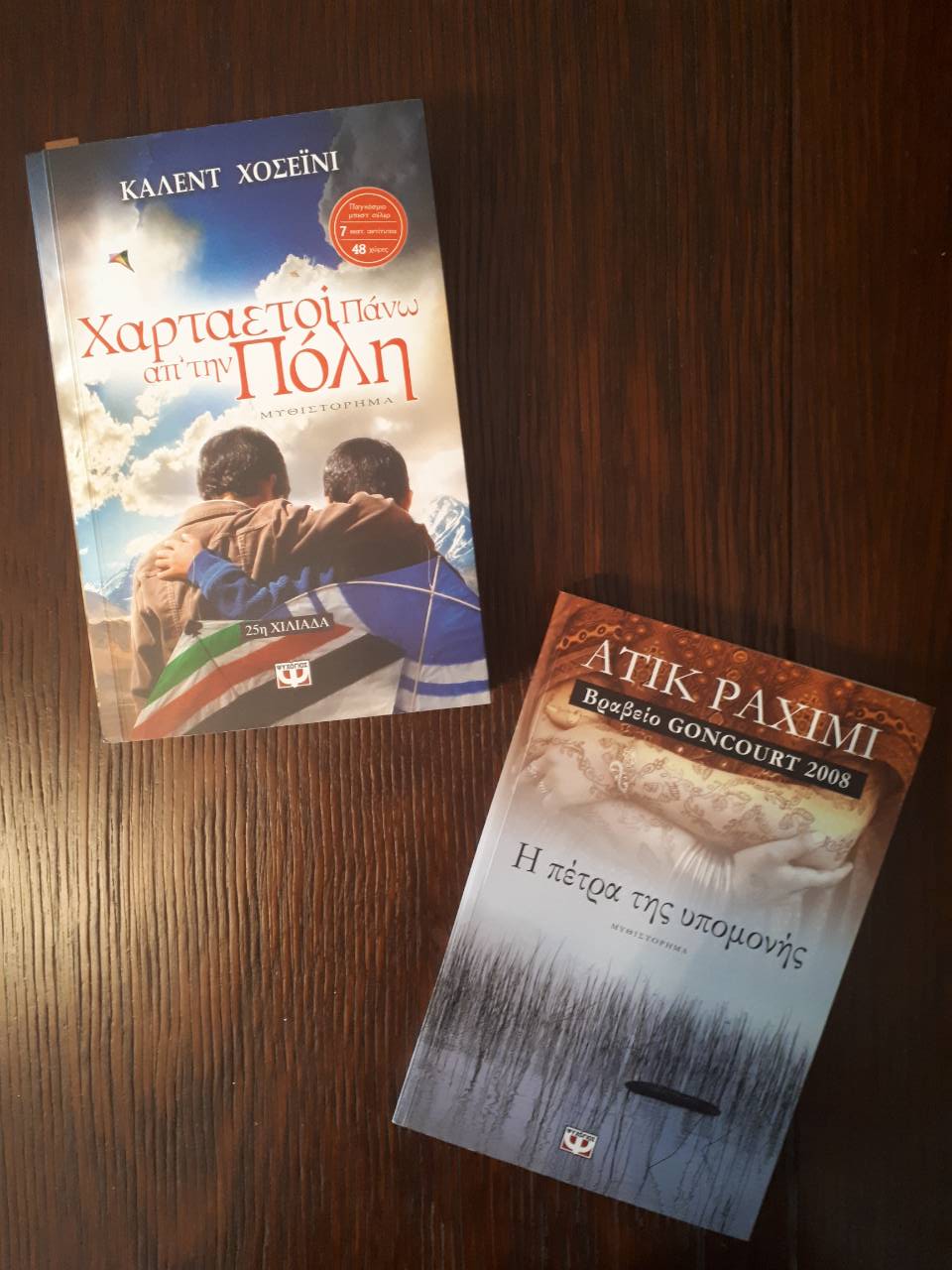
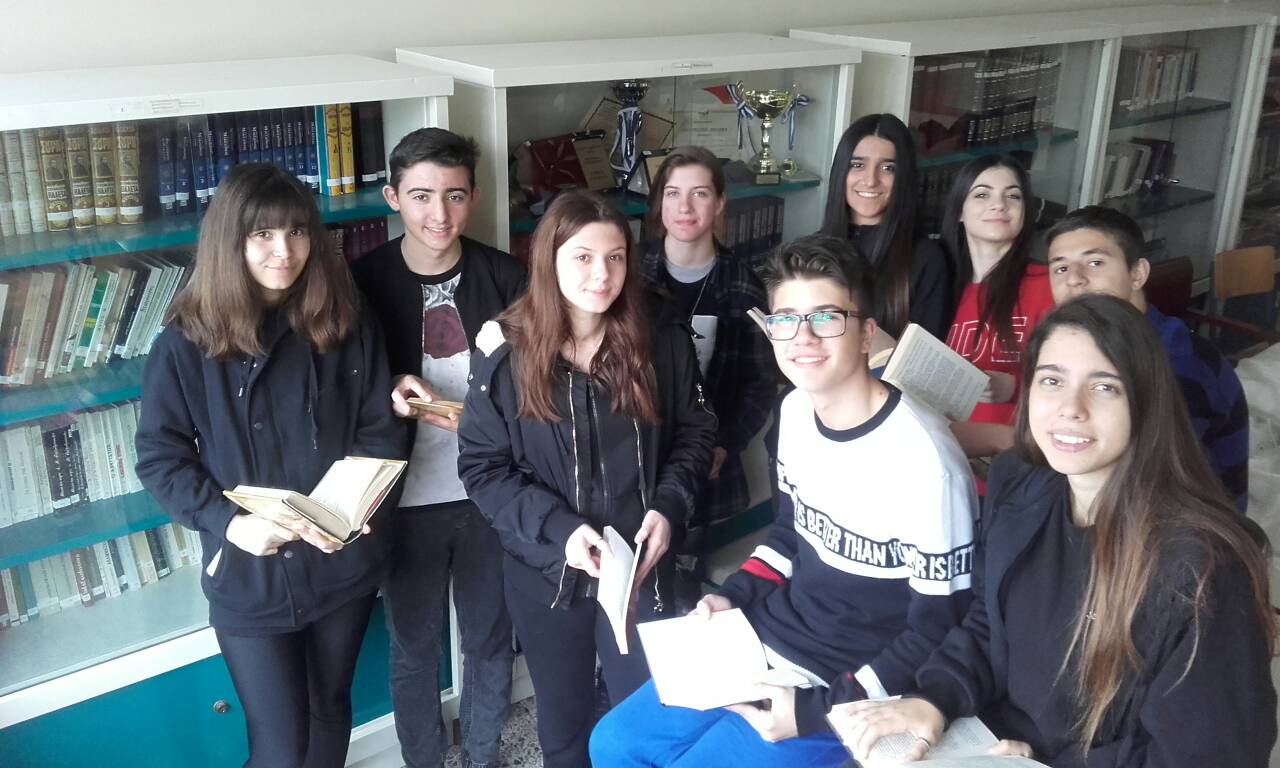
Ένα ποίημα για τους πρόσφυγες - A poem for refugees
Shire Warsan
Escape from Syria: Rania's odyssey.
NATIONAL MUSEUM OF CONTEMPORARY, ATHENS (EMST), TEMPORARY EXHIBITION SPACE
22-11-2017 until 31-01-2018
FACE FORWARD…. INTO MY HOME
Face forward …. into my home is an interactive art project focused on the stories of people who have been forced to leave their homelands and are rebuilding their life in Greece. It includes storytelling workshops inspired by a selection of contemporary artworks from the collection of the national museum of contemporary art, Athens (EMST) and the photo shooting of portraits with refugees and asylum – seekers, now living in the greater Athens area.
Mr Christos Arvanitidis, is teacher of history and language (1st EPAL EVOSMOS) and member of the project “literature suitcases”, visited the exhibition and returned with visual information and elements. In cooperation with Mrs Angeliki Fotiadou, also teacher of 1st EPAL EVOSMOU and member of the same project, tried to have an impotence process with their students.
Students gathered together and talked about war, refugees, economic crisis, immigrants, consequences. They looked at the photos and they read in groups all the statements that were written in each one. They shared feelings, emotions and experiences too.
Bilingual students, (since we have quite a few in our school, 1st EPAL EVOSMOS), where more interested in the activity. When they were asked about their feelings, they answered that they sympathize all those refugees or immigrants, just because one of their parents had faced similar situations too. When they first came in Greece they were confused, even though things turned out to be ok for them.
Some of their comments were the following:
- I wouldn't like to be in their shoes
- It is so difficult to live in a country, where women have no rights
- Life without dreams. How hard could that be?
- I really admire her. She is a fighter!
- Could we do something about that?
.... Despite what the children felt or said, it was a good day, full of thoughts about the future!...
